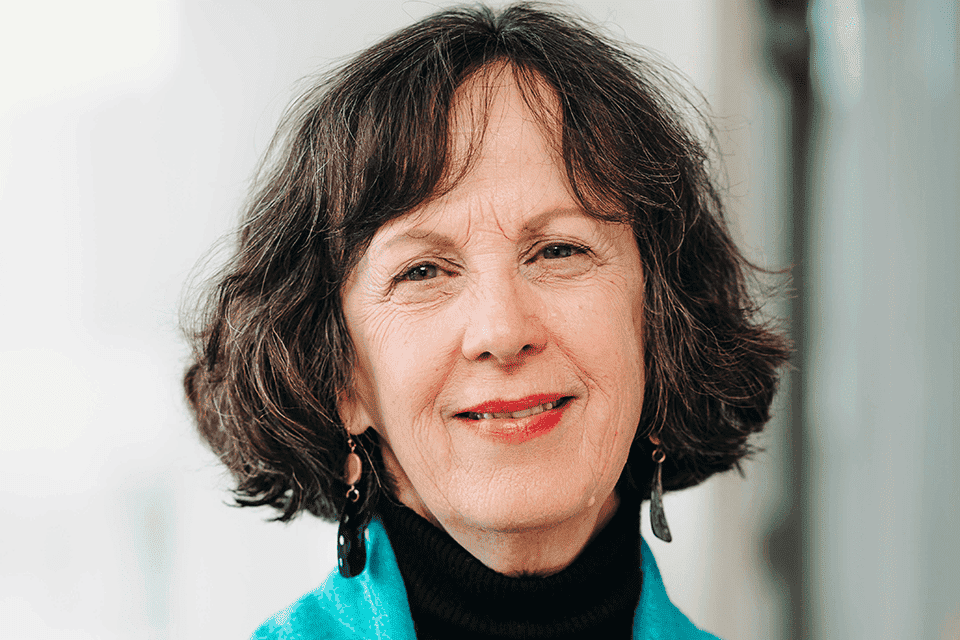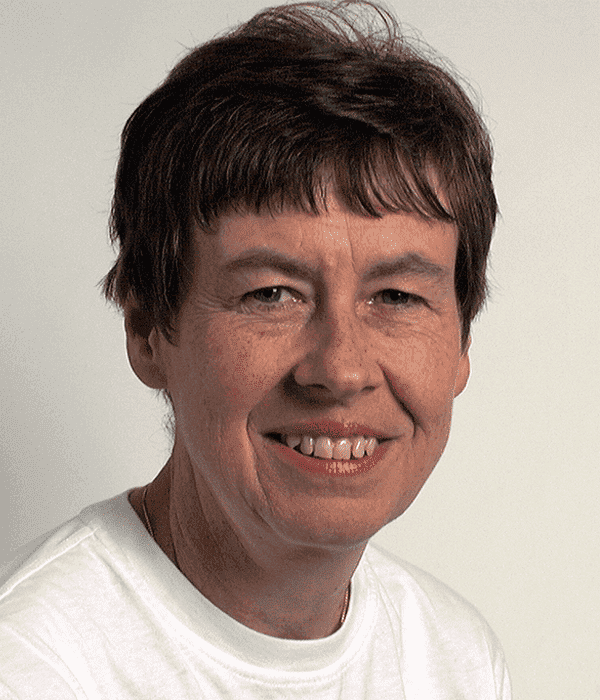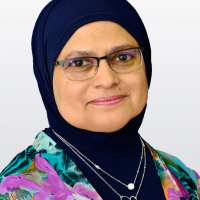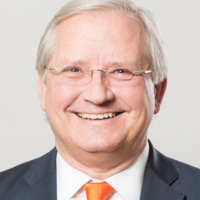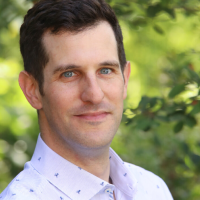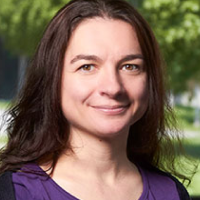About us
About us

Since our formation in 2006, the GHC has published studies and undertaken research to raise awareness of how germs can spread in the home and community, and the role of hygiene in helping to reduce infection risk. More recently, we have started to understand the importance of behaviour change in forming long-lasting healthy hygiene habits.
The GHC provides informed responses to global hygiene crises and gives invaluable advice to stakeholder organisations and policy makers around the world to better protect the public from the spread of common infectious diseases.
Expert Council
Contact Us
The GHC enters partnerships with governments, academic institutions, leading health experts, non-governmental organisations (NGOs), non-profit organisations and healthcare organisations to help drive tangible and meaningful hygiene policy and behaviour change at both a local and global level.


